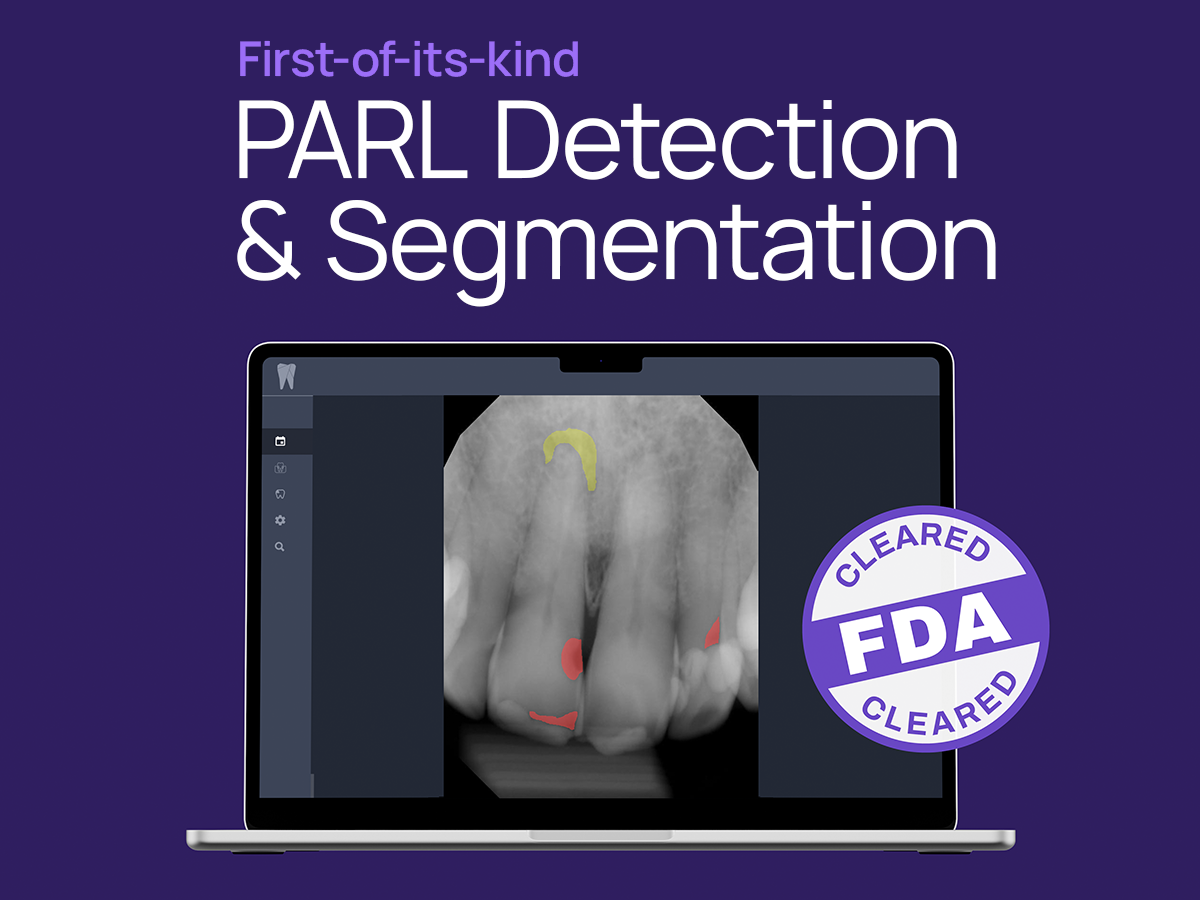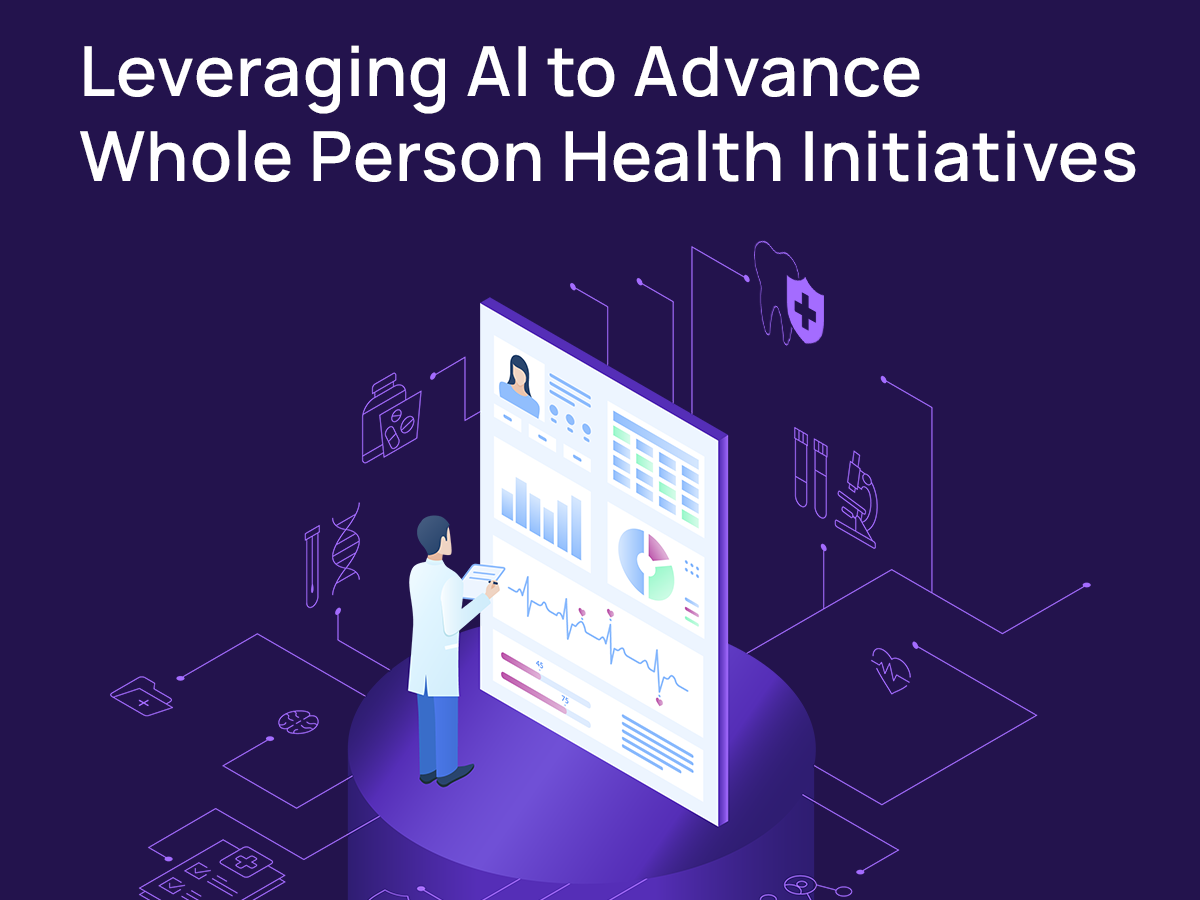Dental AI is filling a void many did not expect: helping to develop the skills and confidence levels of new associates and younger dentists.
During the COVID pandemic, dental students had less time in clinics. A study published by the National Institutes of Health found that dental students are concerned about their lack of clinical skills and patient communication skills, and worried about not being sufficiently trained as dentists when they graduate.
Another article published by Cureus found that dental students around the world were skeptical about their academic and clinical training during the pandemic, and skeptical about their work and income prospects as a result.
Dental AI helps develop new associates’ skills and confidence by providing an objective reading of findings on radiographs, validating what the dentists saw themselves, and drawing their eye to potential pathologies they may have missed. In many ways, it’s on-the-spot training for dental associates.
How Does Dental AI Help New Associates?
Every day dentists read radiographs to identify pathologies and then need to be able to communicate their findings and recommended treatment plan to patients.
New dental graduates didn’t have as much hands-on time in clinics during the pandemic, and therefore were exposed to fewer patients and conditions. Students did not consider online education to be a substitute for the one-on-one clinical experience they needed to be self-reliant in a dental practice after graduation, according to the study published by Cureus.
Dental AI is helping to boost their confidence by providing a safety net. Overjet’s AI-powered radiograph analysis detects and outlines decay, quantifies bone loss down to a tenth of a millimeter, and highlights other potential oral health problems. It’s a decision support tool designed to draw the provider’s eye to areas that deserve a closer look.
When the findings from AI match what the dentist saw, it validates their diagnosis. If the AI highlights findings that the dentist missed, then he or she knows to take a deeper look. AI is directional, not diagnostic. Only the dentist can diagnose conditions; AI analysis and annotations simply make sure the provider has as much data as possible to make an informed decision.
Building Confidence in Treatment Plan Presentation with AI
Helping new dentists accurately interpret X-rays is just one way AI builds new associates’ confidence. The other way is helping dentists feel confident in presenting treatment plans to patients.
For decades, dentists have asked patients to look at traditional black-and-white X-rays. The problem is that most patients don’t know how to read X-rays and they don’t understand what they’re looking at.
Having quantified, evidence-based findings on the X-rays is a game-changer. And that helps providers feel more confident in presenting a comprehensive treatment plan to patients.
X-rays with AI analysis and annotations clearly outline and quantify oral health conditions, making it easy for patients to see what the doctor sees. It provides an objective third-party review of the images and validates what the doctor is saying. It removes the concern that it’s just the doctor’s opinion, and supports the diagnosis with evidence. When patients trust the diagnosis, they are more likely to move forward with treatment.
Overjet finds that case acceptance typically increases about 20% when patients are shown the annotated X-rays.
It’s just one more way that dental AI is helping to improve lives. When patients understand why they need treatment and move forward, it leads to a better patient outcome. And that’s the greatest way to boost a dentist’s confidence in his or her skills.











